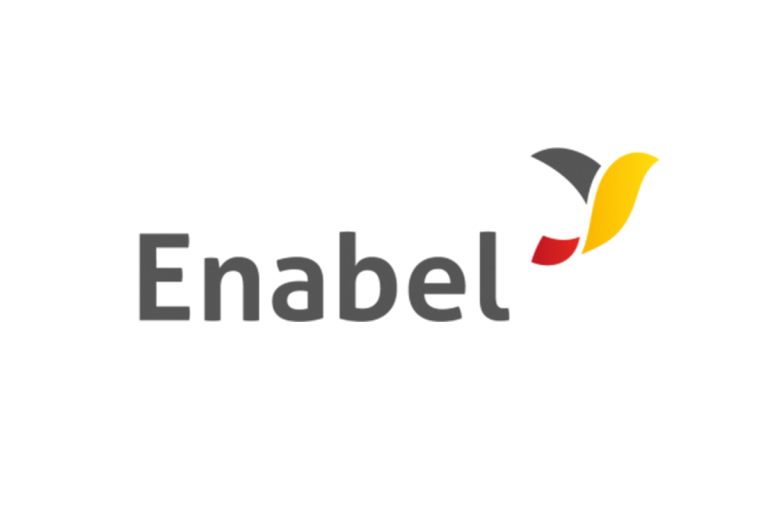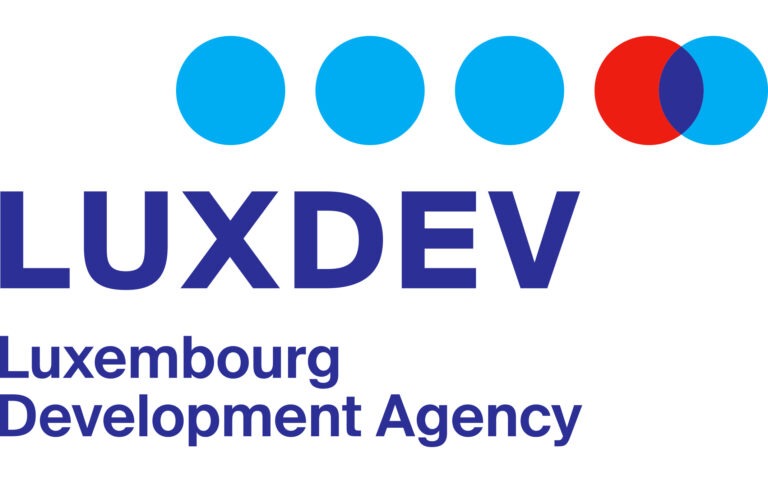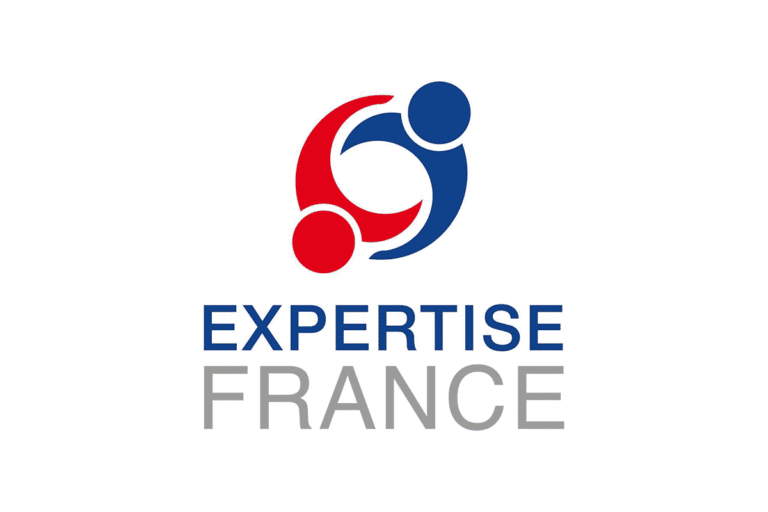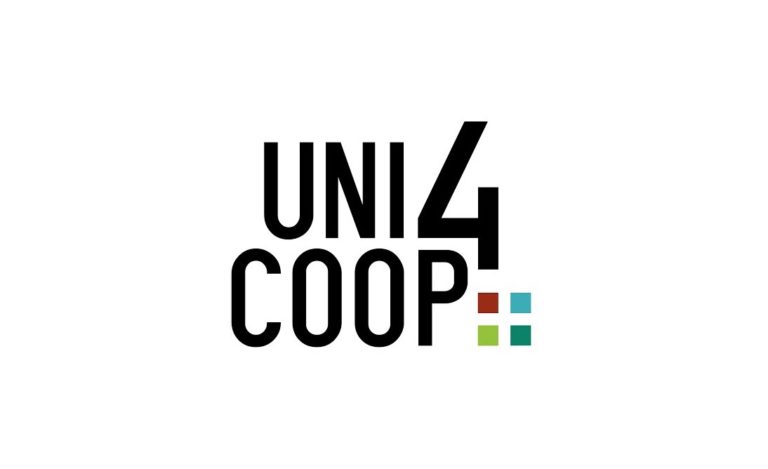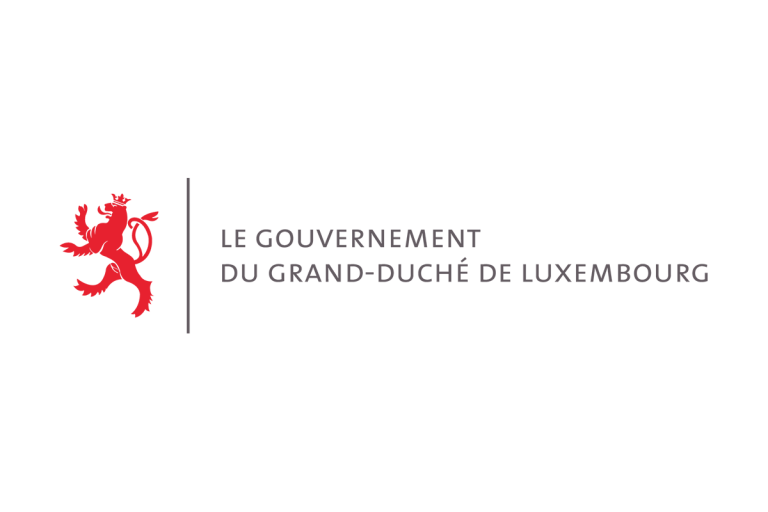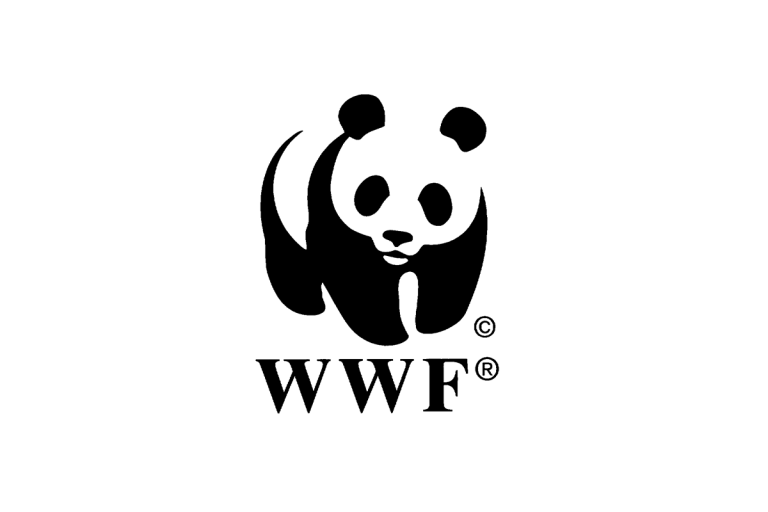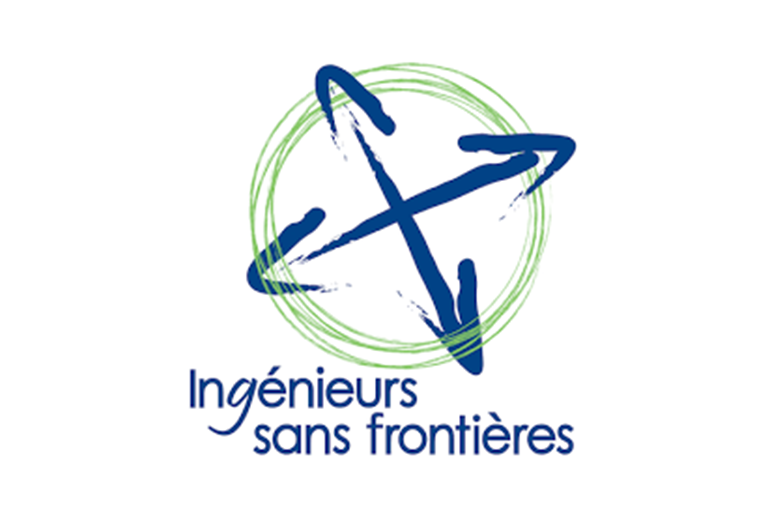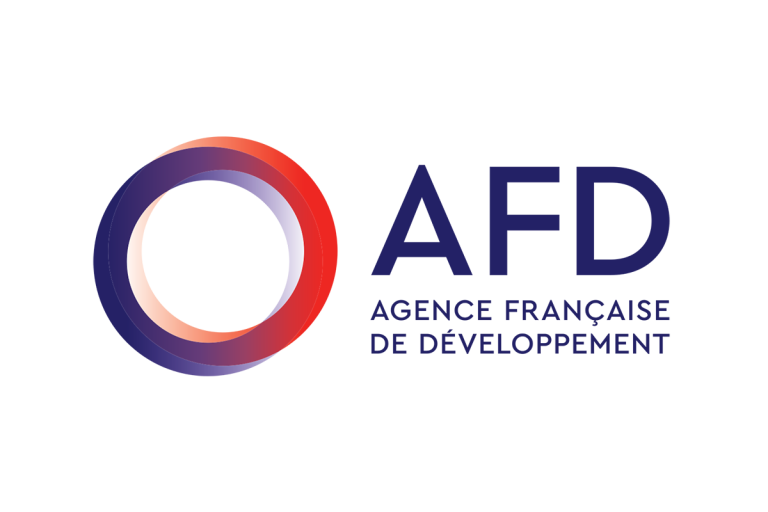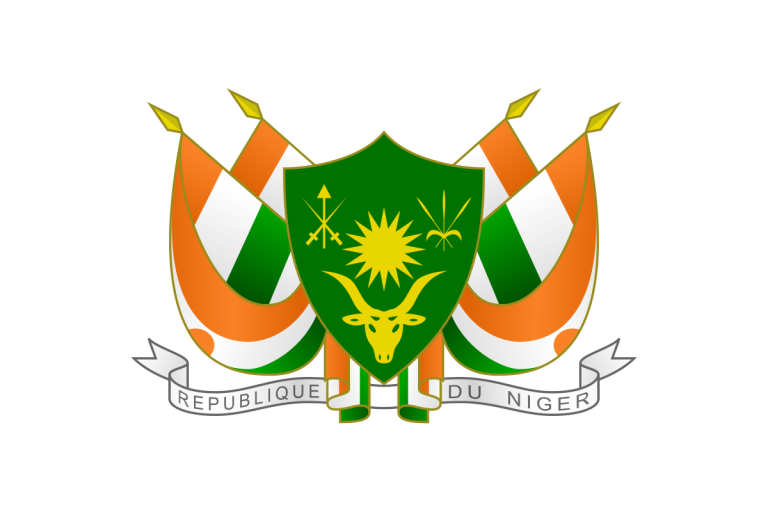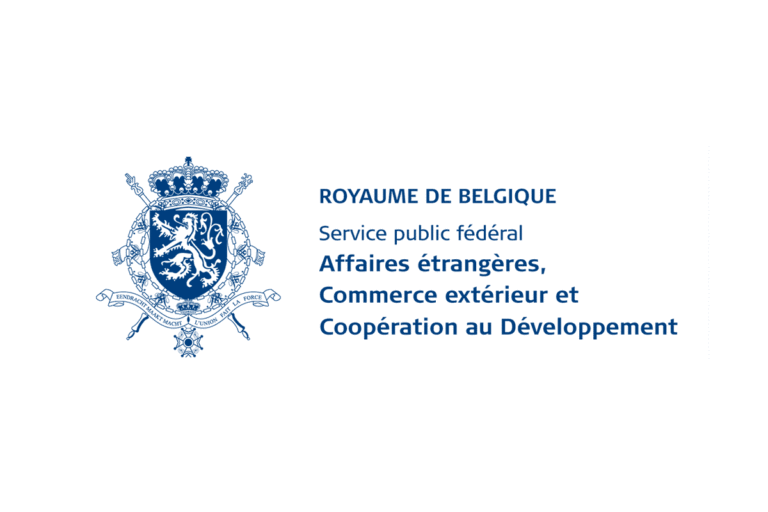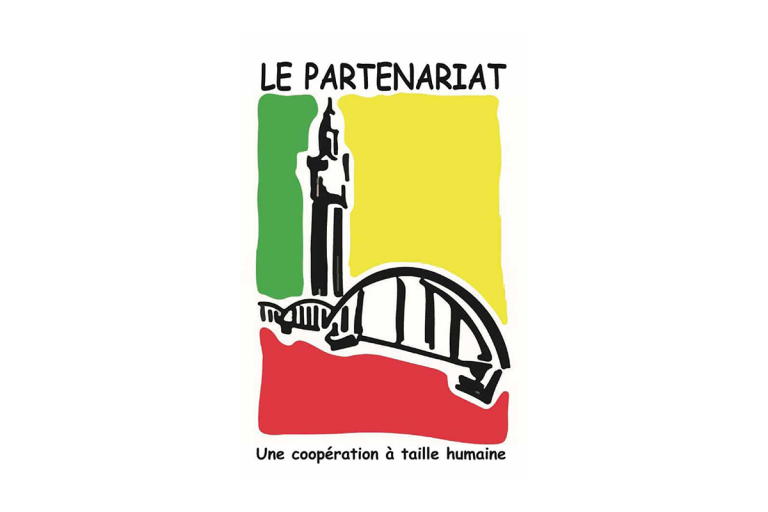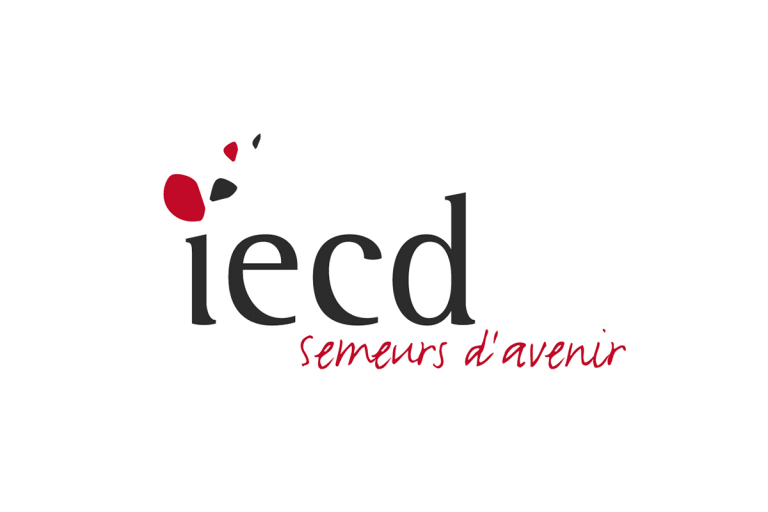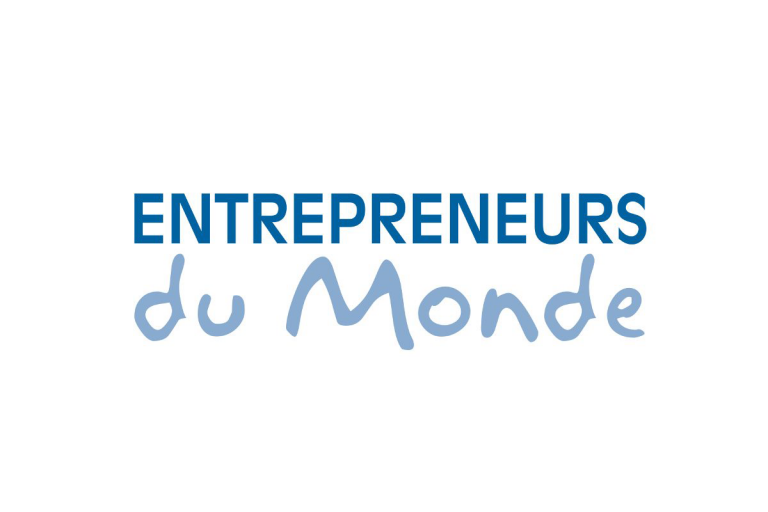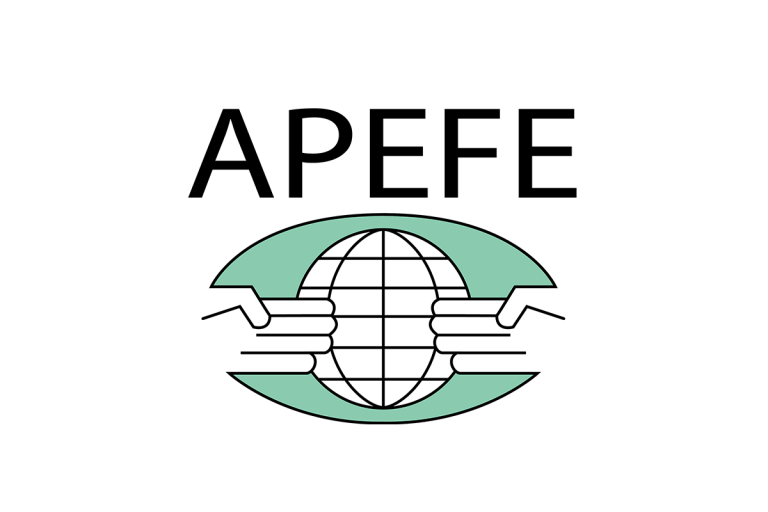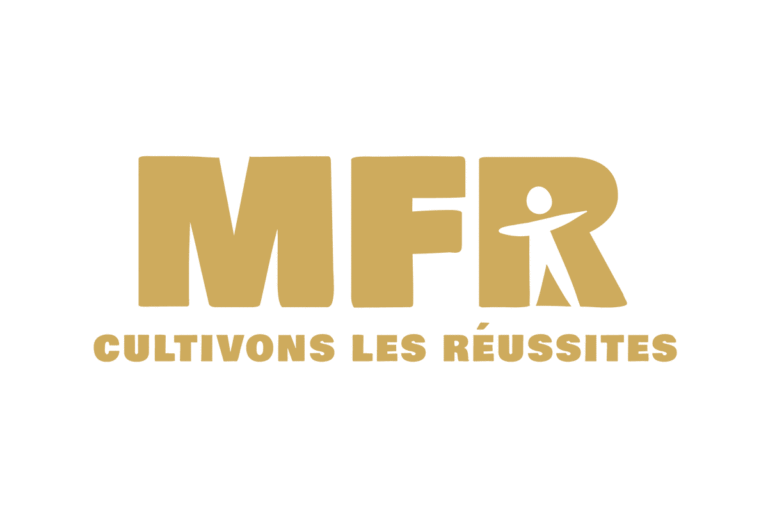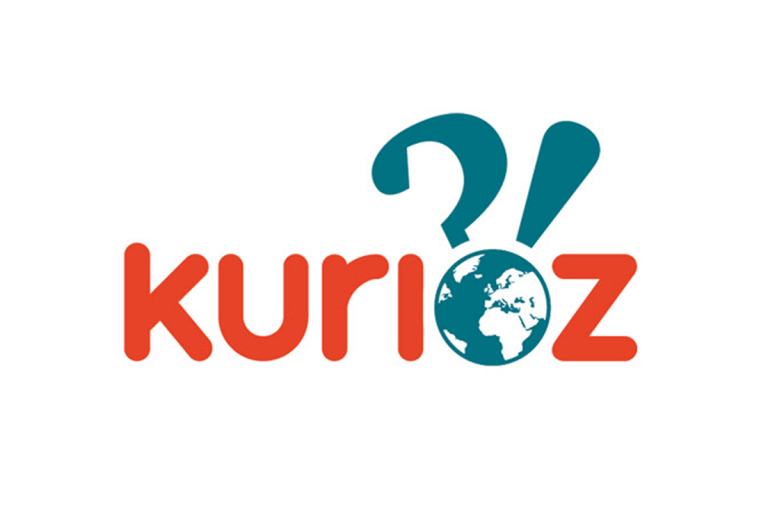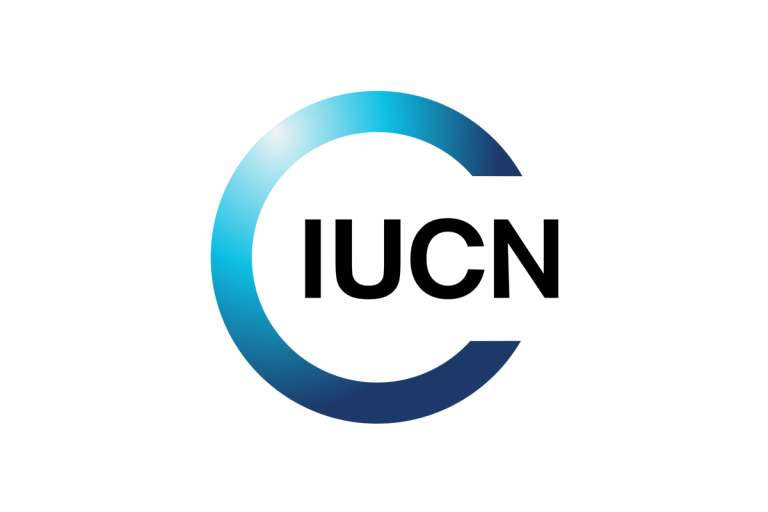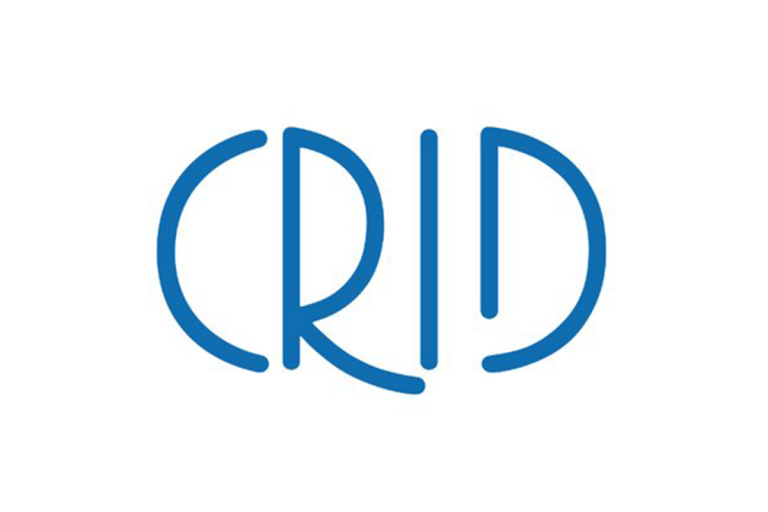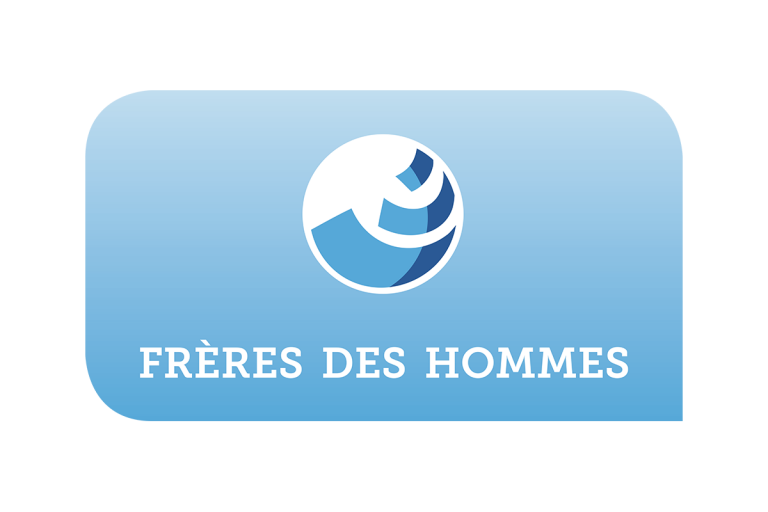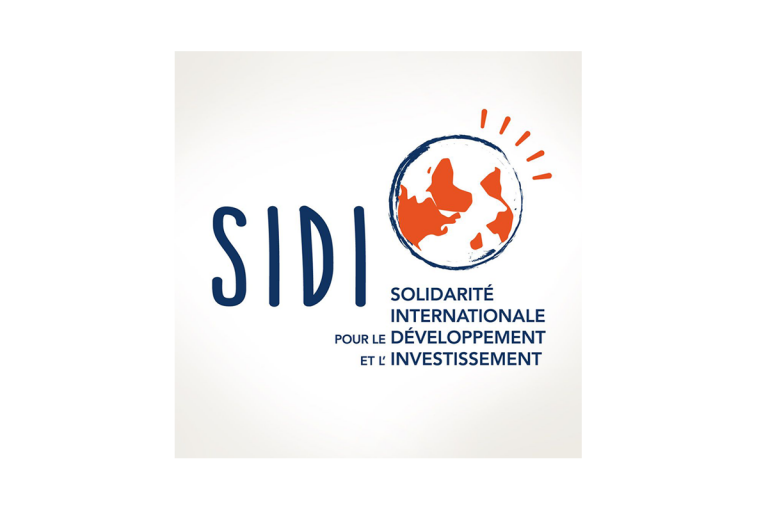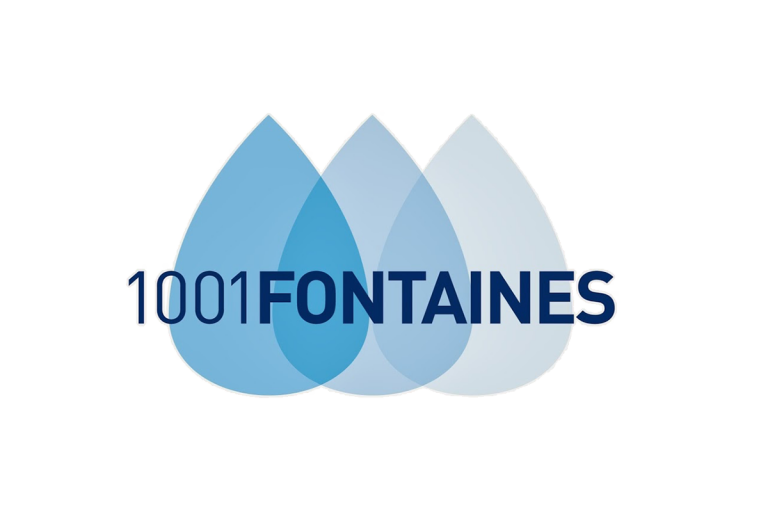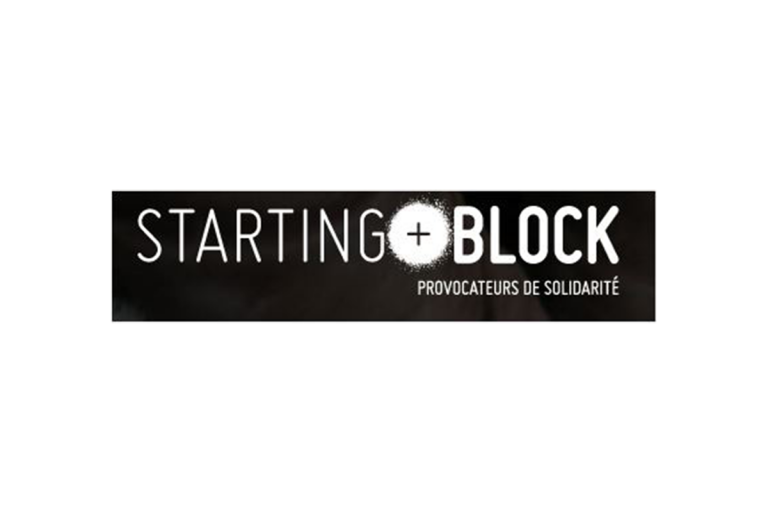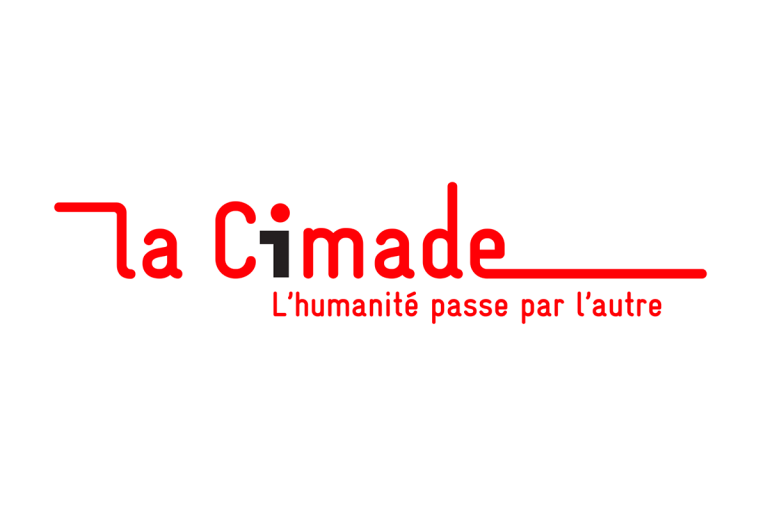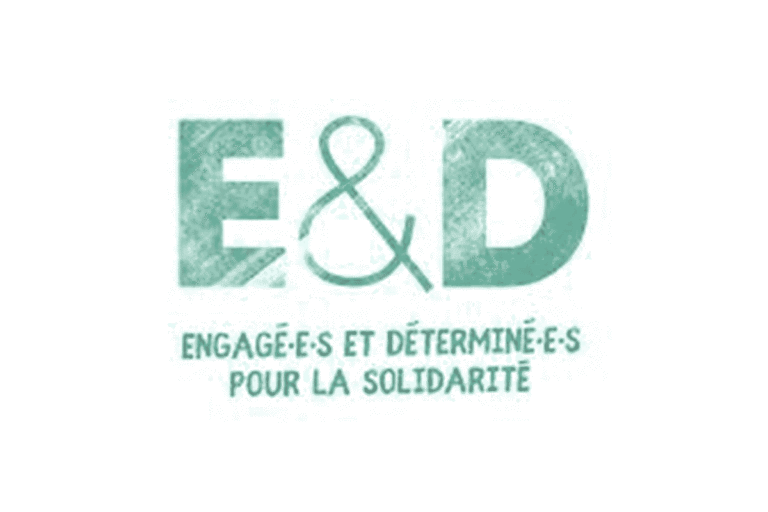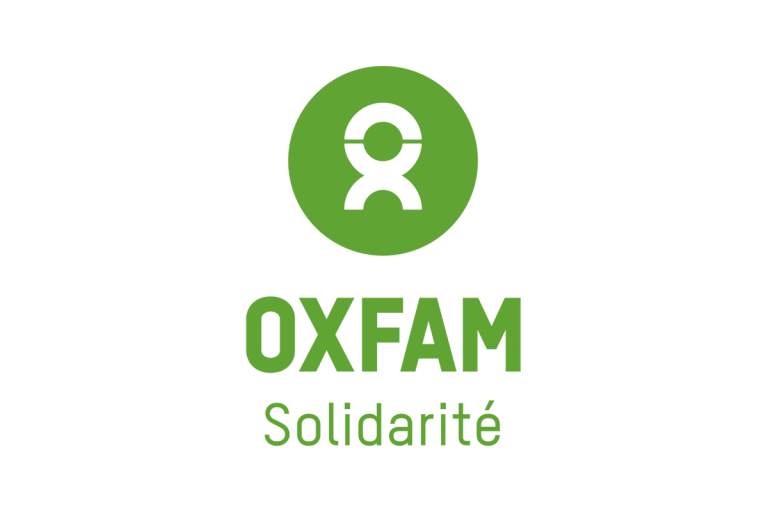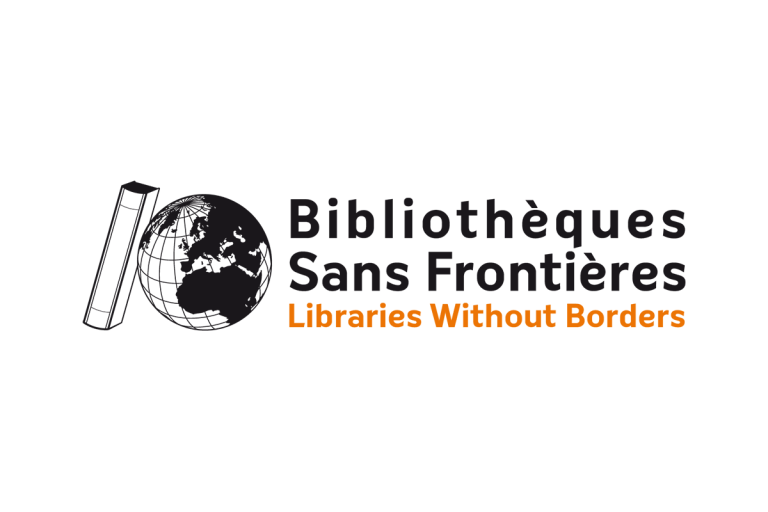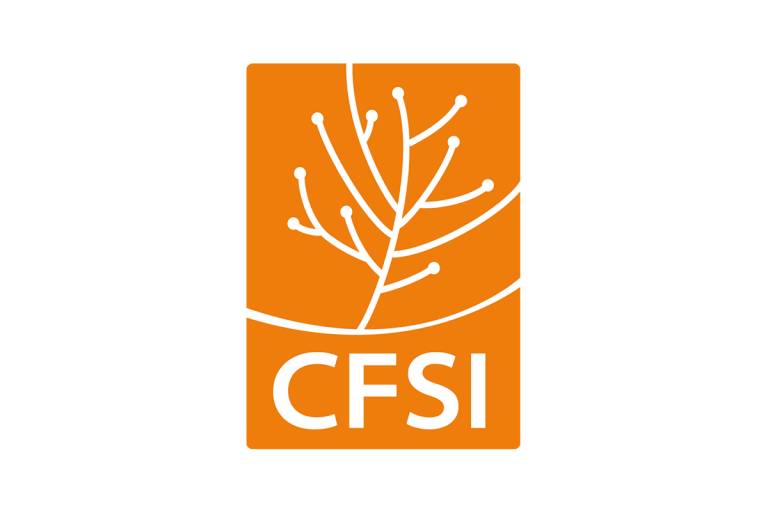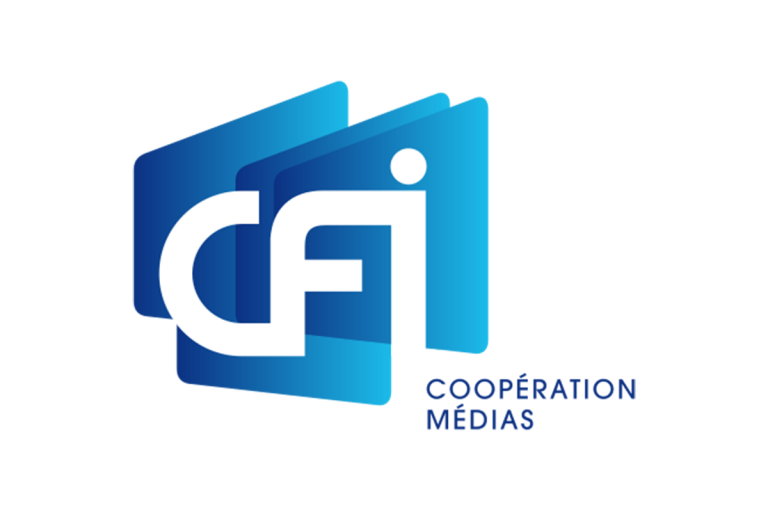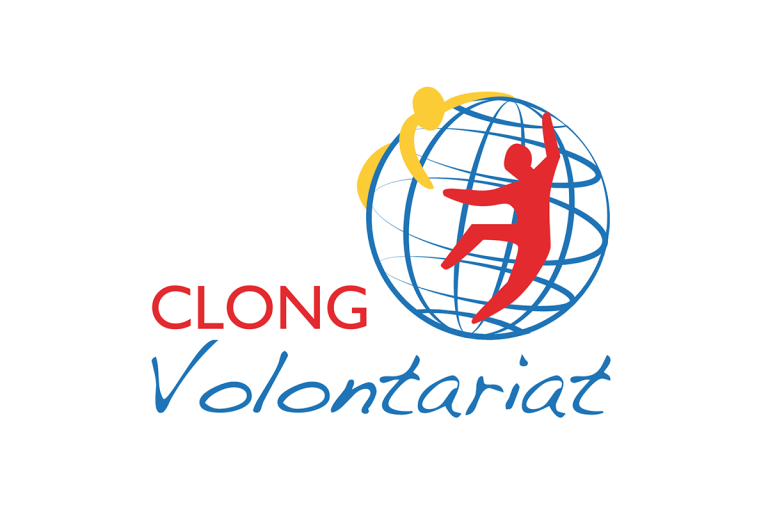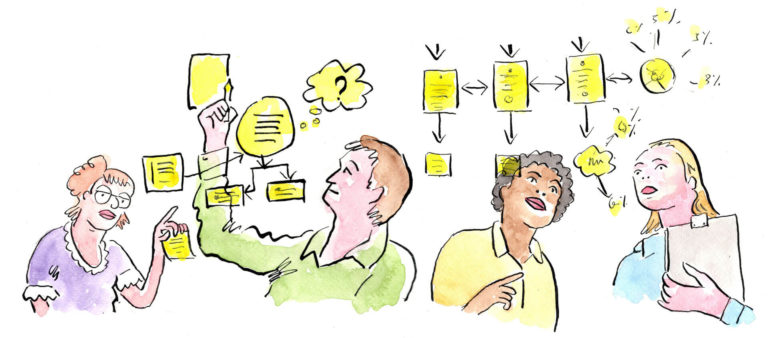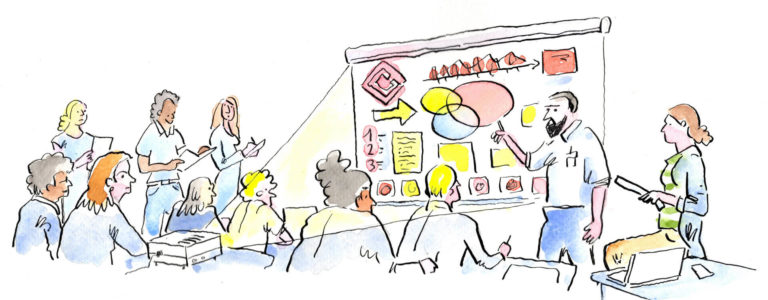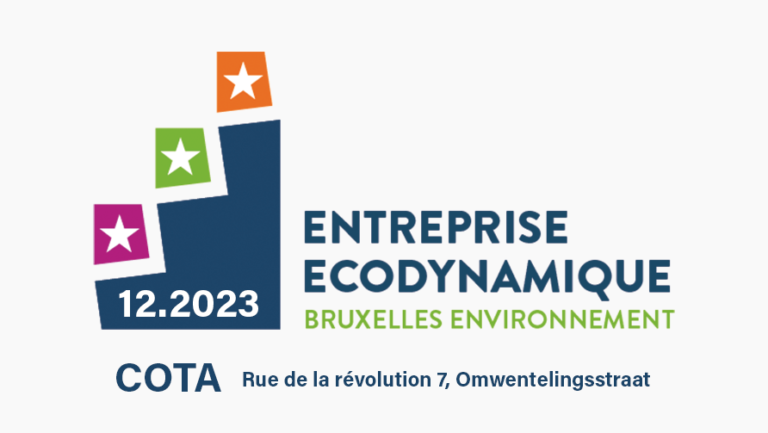Strategic external evaluation of the Sahel Climate Thematic Portfolio (PTCS), implemented by Enabel in Burkina Faso, Mali, Niger, and Senegal
The Sahel Climate Thematic Portfolio (PTCS) was therefore funded and promoted with the aim of responding to the systemic climate and security crisis, seeking to sustainably restore ecosystems, promote agroecological and agropastoral practices, secure land tenure, and strengthen local and regional governance.
The PTCS stems from the strategy developed at the beginning of 2021, in response to the instruction letter issued by the Belgian Minister for Development Cooperation, Meryame Kitir, and validated in July 2021. It aligns with the Sustainable Development Goals (SDGs), the Nationally Determined Contributions (NDCs), Land Degradation Neutrality (LDN), and international conventions such as the Great Green Wall, a flagship initiative of the African Union to combat the effects of climate change and desertification in Africa.
Enabel, responsible for implementation, adopted an integrated and inclusive territorial approach to support, among other objectives, the creation of green jobs, the empowerment of women and youth, the sustainable management of natural resources (land, water, biodiversity), and the mobilization of innovative climate financing (carbon credits, payments for environmental services). The programme also supports civil society and research, fosters multi-stakeholder dialogue, and promotes the capitalization of best practices. Governance, monitoring and evaluation, and multi-level coordination mechanisms ensure the strategic coherence and sustainability of interventions.
The Climate Programme is also the first regional programme implemented by Enabel. This evaluation will provide an opportunity to draw lessons on the regional approach adopted by Enabel.
December 2025 to June 2026

